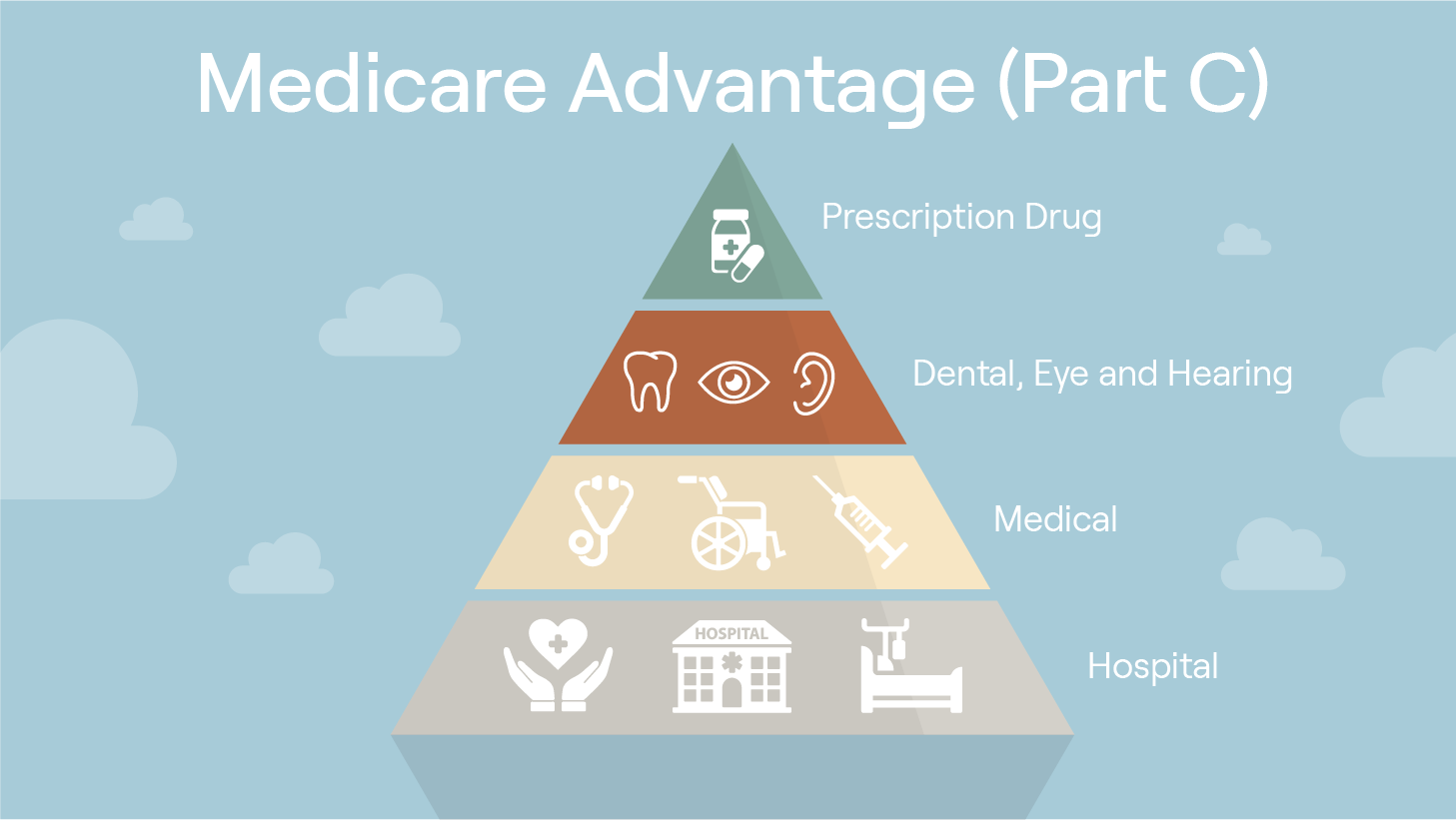Is an IUL a Good Retirement Plan?
Retirement planning is essential for every individual who wants to have financial stability and security in their golden years. Many financial products and plans are available to help people save for retirement, and one such product is the Indexed Universal Life Insurance (IUL). In this article, we will explore whether an IUL is a good retirement plan, its pros and cons, and how it compares to other retirement plans.
Table of Contents
- Introduction
- What is an IUL?
- How Does an IUL Work?
- Pros of an IUL as a Retirement Plan
- Cons of an IUL as a Retirement Plan
- How Does an IUL Compare to Other Retirement Plans?
- IUL vs. 401(k)
- IUL vs. Roth IRA
- IUL vs. Traditional IRA
- Is an IUL a Good Retirement Plan?
- Conclusion
- FAQs
Introduction
Retirement planning is a crucial aspect of personal finance, and it involves setting aside enough money to support oneself after retirement. There are various types of retirement plans available in the market, including 401(k)s, IRAs, pensions, and annuities. One such plan that has been gaining popularity in recent years is the Indexed Universal Life Insurance (IUL) plan. In this article, we will evaluate whether an IUL is a good retirement plan.
What is an IUL?
An IUL is a type of permanent life insurance policy that combines the benefits of life insurance with the potential for investment gains. The policyholder pays premiums, which are used to provide a death benefit and accumulate cash value. The cash value is invested in a variety of indexed accounts, such as the S&P 500 or the Dow Jones Industrial Average, and earns interest based on the performance of these indices.
How Does an IUL Work?
The cash value in an IUL policy grows tax-free, and the policyholder can withdraw or borrow against it during their lifetime. The death benefit is also tax-free and is paid out to the beneficiary upon the policyholder’s death. The policyholder has the option to adjust their premiums, death benefit, and investment accounts, providing flexibility and control over their policy.
Pros of an IUL as a Retirement Plan
- Tax-free growth: The cash value in an IUL grows tax-free, which can provide significant savings over time.
- Flexibility: The policyholder can adjust their premiums, death benefit, and investment accounts, giving them control over their policy.
- Death benefit: The death benefit is paid out tax-free and can provide financial security to the policyholder’s beneficiaries.
- Protection against market downturns: The policyholder’s cash value is not directly invested in the stock market but rather in indexed accounts, which can protect the policyholder from market downturns.
Cons of an IUL as a Retirement Plan
- Higher premiums: IUL premiums are typically higher than other types of life insurance policies.
- Complexity: IUL policies can be complex and may require professional guidance to understand fully.
- Lower returns: The returns on an IUL policy may be lower than other investment vehicles such as mutual funds or ETFs.
- Fees: IUL policies may come with fees that can eat into the policyholder’s returns.
How Does an IUL Compare to Other Retirement Plans?
Let’s compare an IUL to some of the most common retirement plans:
IUL vs. 401(k)
A 401(k) is an employer-sponsored retirement plan that allows employees to contribute a portion of their income pre-tax, and the contributions are invested in various investment vehicles. The contributions and earnings grow tax-free until withdrawal, and the withdrawals are taxed as income.
IUL vs. Roth IRA
A Roth IRA is an individual retirement account that allows individuals to contribute after-tax income, and the contributions and earnings grow tax-free. The withdrawals in retirement are also tax-free. The main difference between an IUL and a Roth IRA is that an IUL combines life insurance with an investment component, while a Roth IRA is solely an investment account.
IUL vs. Traditional IRA
A traditional IRA is similar to a 401(k) in that contributions are made pre-tax, and the earnings grow tax-deferred. The withdrawals in retirement are taxed as income. The main difference between an IUL and a traditional IRA is that an IUL combines life insurance with an investment component, while a traditional IRA is solely an investment account.
Is an IUL a Good Retirement Plan?
Whether an IUL is a good retirement plan depends on an individual’s financial situation and goals. IULs can provide tax-free growth and flexibility, and the death benefit can provide financial security to beneficiaries. However, IUL premiums can be higher than other types of life insurance policies, and the returns may be lower than other investment vehicles.
It’s essential to consult with a financial professional to determine if an IUL is the right retirement plan for you. Factors to consider include your age, financial goals, risk tolerance, and investment preferences.
Conclusion
An IUL can be a good retirement plan for some individuals, but it’s not the right choice for everyone. It provides tax-free growth, flexibility, and a death benefit, but it comes with higher premiums and potential lower returns. It’s crucial to consult with a financial professional to determine if an IUL is the right choice for your retirement planning needs.
FAQs
- What is an IUL?
- An IUL is a type of permanent life insurance policy that combines the benefits of life insurance with the potential for investment gains.
- How does an IUL work?
- The policyholder pays premiums, which are used to provide a death benefit and accumulate cash value. The cash value is invested in a variety of indexed accounts and earns interest based on the performance of these indices.
- Is an IUL a good retirement plan?
- Whether an IUL is a good retirement plan depends on an individual’s financial situation and goals. It’s essential to consult with a financial professional to determine if an IUL is the right choice for your retirement planning needs.
- What are the pros of an IUL as a retirement plan?
- The pros of an IUL as a retirement plan include tax-free growth, flexibility, death benefit, and protection against market downturns.
- What are the cons of an IUL as a retirement plan?
- The cons of an IUL as a retirement plan include higher premiums, complexity, lower returns, and fees.
- Comparing Annuities to Other Retirement Savings Options
- “The Top 5 Benefits of Indexed Universal Life Insurance”
- How To Get Tax-Free Income For Retirement?
- How Does the Indexed Universal Life Policy Work with a Roth IRA?
- Comparing Term Life vs. Permanent Life: Which is Right for You?
Benefits of Medicare Advantage for Veterans
Veterans and Medicare Advantage plans represent a crucial intersection of health- care services designed to enhance the medical coverage available…
10 Essential Insurance Tips to Protect Your Future
1. Assess your insurance needs based on income, assets, and dependencies. 2. Understand policy types: life, health, auto, home, and…
ACA 2025 Open Enrollment
The ACA 2025 Open Enrollment Period represents a pivotal opportunity for individuals and families to obtain health insurance coverage under…
Medicare Annual Enrollment Period 2025
The Medicare Annual Enrollment Period (AEP) for 2025 is a critical time for beneficiaries to review and adjust their Medicare coverage, running…
Medicare Advantage and the Nearing Annual Election Period
Medicare Advantage and the Nearing Annual Election Period Introduction Navigating Medicare can feel like trying to read a map written in a…
Understanding Medicare Advantage Plans
Understanding Medicare Advantage Plans Medicare Advantage plans have become a popular alternative for people who want more flexibility and comprehensive coverage…













